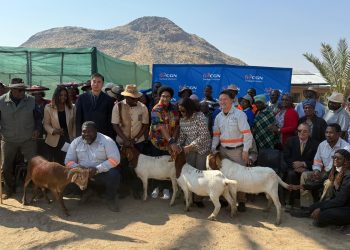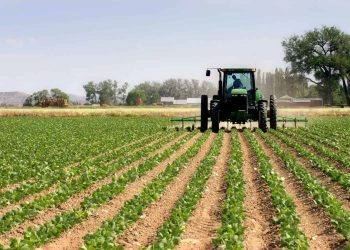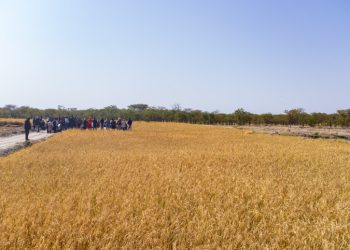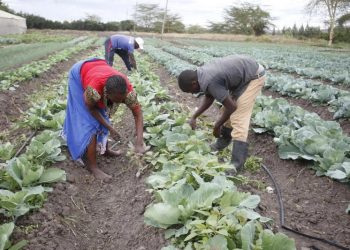
Namibian Breweries Limited (NBL) has shelved its barley-growing venture in the Kavango region due to problems faced by its partner, the Agricultural Business Development Agency (AgriBusDev).
NBL sealed a tripartite agreement with the Ministry of Agriculture, Water and Forestry, as well as AgriBusDev in 2015, where the brewer committed to buy all barley that would be grown at the government green schemes in the Kavango region.
However, incessant challenges at AgriBusDev have seen Cabinet approving a cancellation of the memorandum of understanding between the Ministry of Agriculture and the government owned entity established in 2011 to monitor and create an ideal environment for achieving the objectives of the green schemes, as defined by the green scheme policy of 2008.
“The barley project had unfortunately been halted due to the challenges faced by AgriBusDev,†NBL said in response to The Brief, adding that a total investment of N$9 million had been made into the venture.
“The initial barley project was however successful and an indication that barley (which can be used for brewing purposes), could be successfully grown in Namibia. The long-term financial feasibility of a malting plant could however not be fully established,†the brewer said.
As part of the project, 377 hectares of barley were planted, with a goal to increase the planted area to 12,000 hectares, which could support the construction of a malting plant aimed at substituting over 36,000 tonnes of malt which NBL currently imports for its brewing process.
“Namibian-grown barely remains an opportunity for NBL which we will continue to pursue into the future. This forms part of NBL’s continued efforts to support local supply. A malting plant would be subject to a feasible business case,†the company said.
NBL said it will continue to produce King Lager albeit with imported barley. This is despite the fact that the beer was initially touted as being made from locally grown barley.
The company said in light of the present situation, “The message to the consumer on the label was changed accordinglyâ€.
NBL currently imports approximately 30 000 tonnes of malted barley per annum, mainly from Europe which is faced with the Russia/Ukraine conflict, with malted barley being a key ingredient for all its beer brands.
NBL says it’s assessing the possibility of a product price hike, amid a surge in ingredients, energy and transport costs, a position attributed to the conflict, with raw barley prices having increased drastically.











